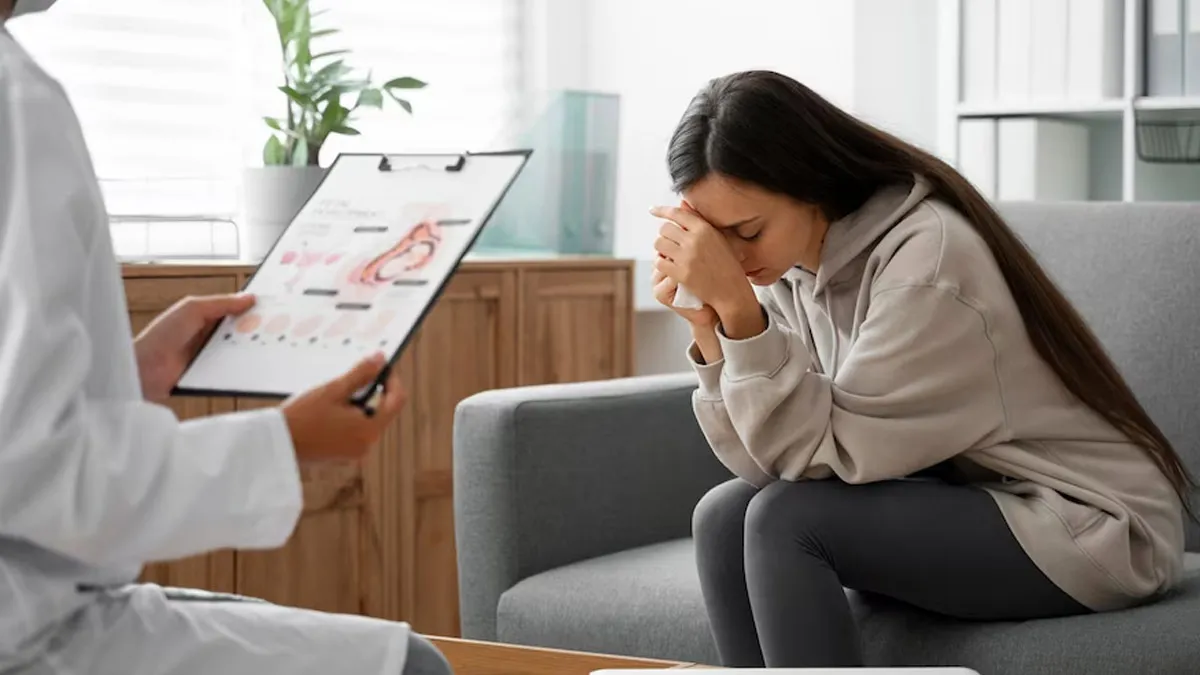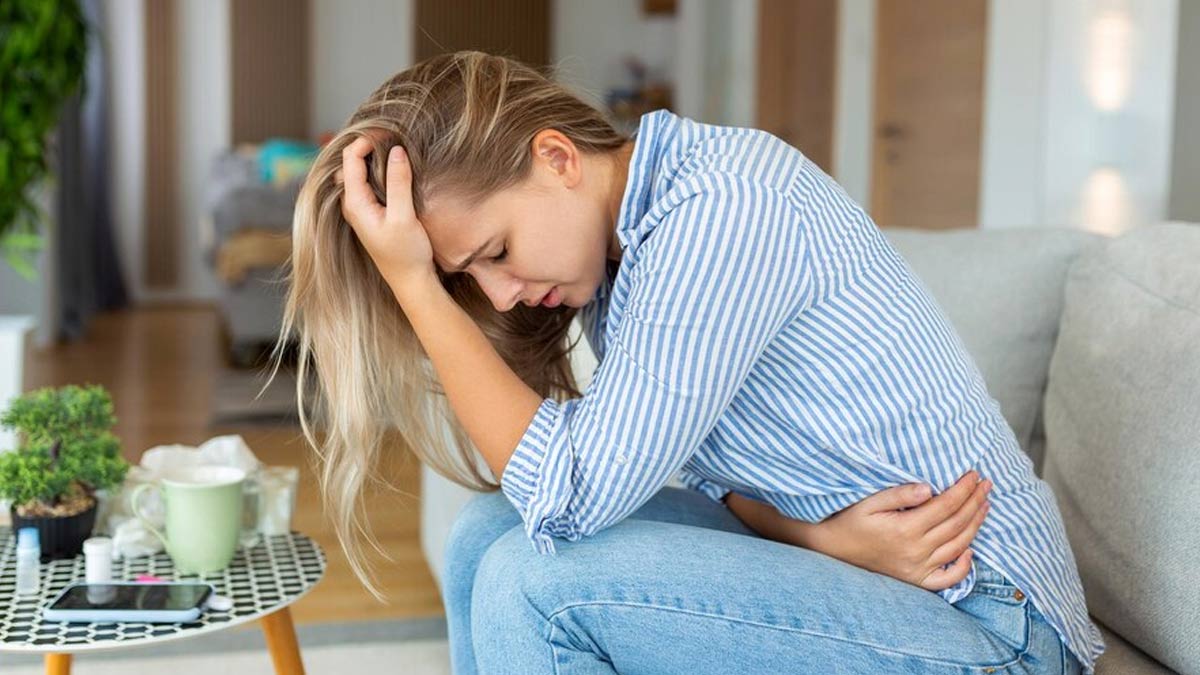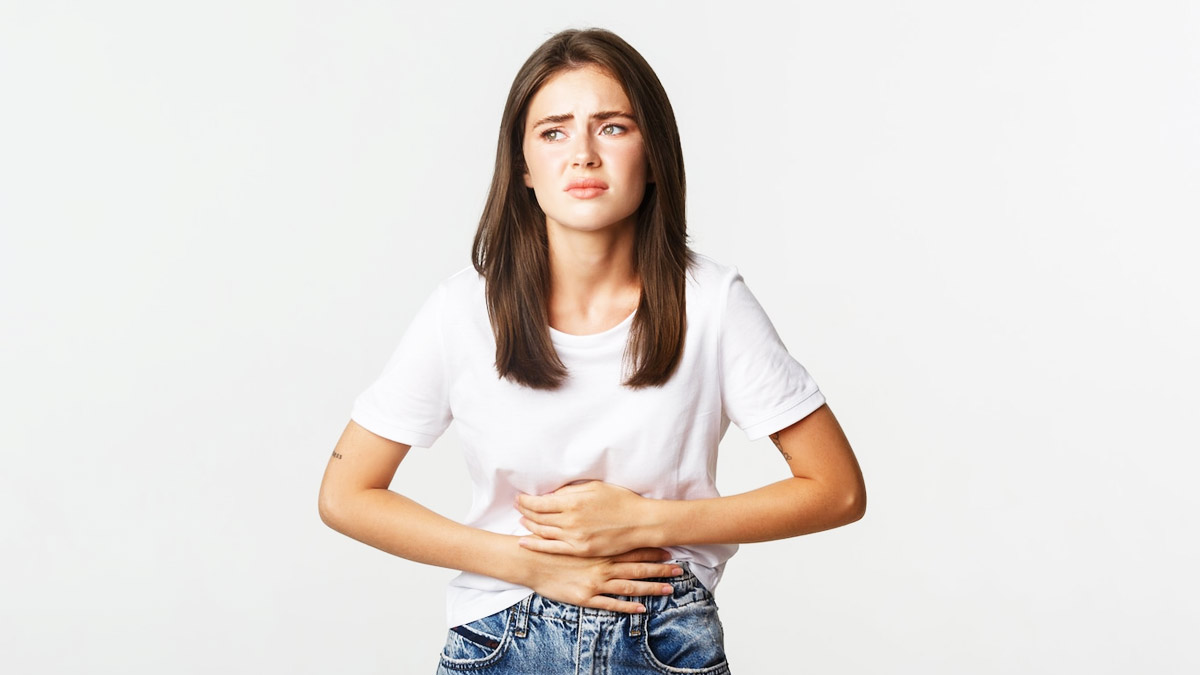
Polycystic Ovary Syndrome (PCOS) is a common hormonal disorder affecting millions of women worldwide. While many are aware of its physical symptoms, such as irregular periods, weight gain, and excessive hair growth, there’s growing recognition of its impact on mental health, particularly depression. To shed light on this important issue, we spoke with Dr. Shrey Kumar Srivastav, General Physician and Senior Consultant at Sharda Hospital- Noida.
Table of Content:-
Understanding PCOS and Its Challenges
PCOS is characterised by an imbalance of reproductive hormones that can disrupt ovulation and cause cysts on the ovaries. Beyond the physical effects, women with PCOS often experience emotional and psychological distress. “The symptoms can be quite distressing, leading to feelings of frustration and low self-esteem,” explains Dr. Srivastav.
Link Between PCOS and Depression
Emerging research suggests that women with PCOS are at a significantly higher risk of developing depression compared to those without the condition. “There is a multifaceted link,” Dr. Srivastav says. “Hormonal imbalances, particularly elevated androgens and insulin resistance, can influence brain chemistry. Moreover, the stress of managing chronic symptoms and the impact on body image contribute heavily.”

Also Read: Men Are More Likely To Die Of 'Broken Heart Syndrome,' Study Says
Biological Factors at Play
Hormones play a crucial role in mood regulation. In PCOS, increased levels of androgens (male hormones) and insulin resistance may interfere with neurotransmitter functions, which can predispose individuals to mood disorders. “This biological aspect can’t be overlooked,” says Dr. Srivastav. “The brain and endocrine system are closely connected, making women with PCOS vulnerable to depression.”
The Psychological Impact
The visible symptoms of PCOS—such as acne, hair thinning or excess facial hair, and weight fluctuations—can severely affect self-confidence. “Many patients report feeling isolated or embarrassed, which leads to social withdrawal and heightened anxiety,” Dr. Srivastav notes. This emotional burden can escalate to clinical depression if not addressed promptly.
Importance of Early Diagnosis and Holistic Care
“Recognising the mental health component of PCOS is essential,” stresses Dr. Srivastav. He advocates for a holistic approach that treats both physical and psychological symptoms. “When women come in with PCOS, we screen for depression and anxiety and recommend counselling or psychiatric help if needed.”

Also Read: Is It A Heart Attack Or Gas? Expert Shares Key Differences To Note!
Lifestyle Modifications and Support
Alongside medical treatment, lifestyle changes—such as regular exercise, a balanced diet, and stress management techniques—play a significant role in improving mood and hormonal balance. “Support groups and therapy can also provide emotional relief and coping strategies,” adds Dr. Srivastav.
Bottomline
PCOS is more than just a reproductive disorder; it has profound implications for mental health. “If you or someone you know has PCOS and is experiencing persistent sadness, loss of interest, or anxiety, seek professional help,” advises Dr. Srivastav. Early intervention can improve quality of life significantly.
Also watch this video
How we keep this article up to date:
We work with experts and keep a close eye on the latest in health and wellness. Whenever there is a new research or helpful information, we update our articles with accurate and useful advice.
Current Version